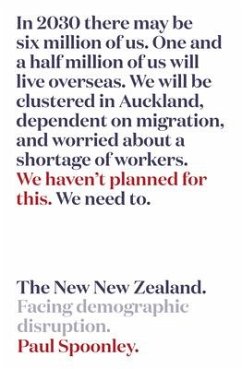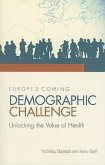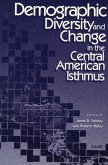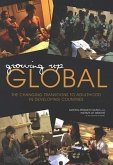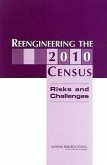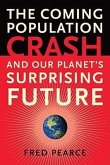In this timely book, New Zealand's best-known commentator on population trends, Distinguished Professor Paul Spoonley, shows how, as New Zealand moves into the 2020s, the demographic dividends of the last 70 years are turning into deficits. Our population patterns have been disrupted. More boomers, fewer children, an ever bigger Auckland and declining regions are the new normal. We will need new economic models, new ways of living. Spoonley says: &'It is not a crisis (even if at times it feels like it), but rather something that needs to be understood and responded to. But I fear that policy-makers and politicians are not up to the challenge. That would be a crisis.'

